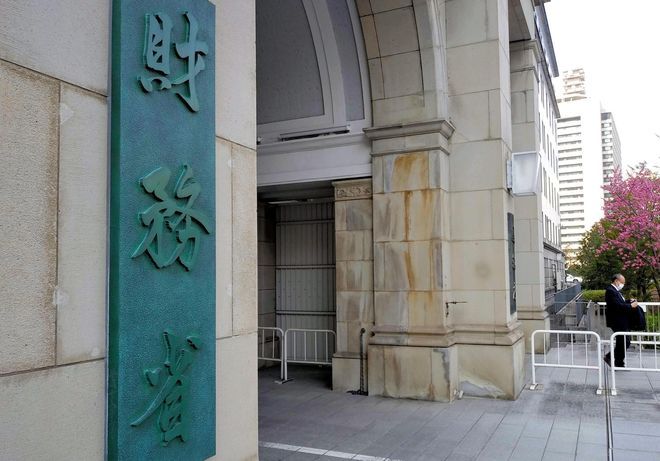Foreign investors flocked to Japanese stocks and bonds last week, driven by hopes of a U.S.-China trade deal, a strong demand at a 10-year note auction and a softening yen following a sharp rally that had threatened exporters’ earnings.
The Ministry of Finance’s data showed a 10-week streak of foreign investments in Japanese stocks, with 180.2 billion yen ($1.25 billion) flowing in in the week to June 7.
Foreigners scooped up long-term bonds worth 219.8 billion yen and short-term bills of 31 billion yen in the same week.
A massive amount of Japanese investments is likely to have flown back home as local investors dumped overseas stocks and bonds worth approximately 2.09 trillion yen, the data further showed.
Despite a 9.2% rise in the yen year-to-date, the currency weakened by about 0.6%, registering its second weekly decline against the dollar last week, making yen-denominated assets more affordable when purchased with other currencies.
Meanwhile, Japanese stocks slipped after U.S. President Donald Trump announced plans to set unilateral tariff rates within two weeks, reigniting trade tensions despite a framework deal between Washington and Beijing to ease their dispute.
Japanese investors recorded net sales in foreign equities of 1.49 trillion yen last week, the heaviest since early November 2021.
Last week, Japanese investors pulled out 458.6 billion yen and 142.9 billion yen from long-term and short-term foreign bonds, respectively.







